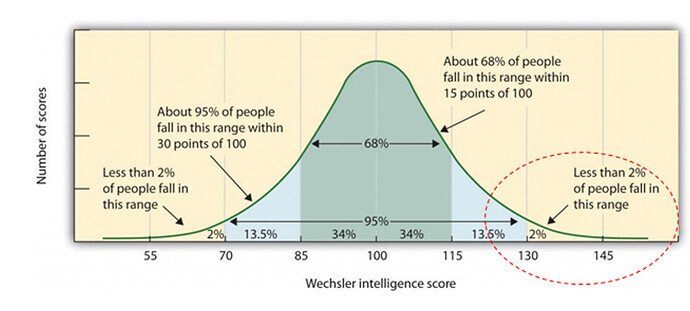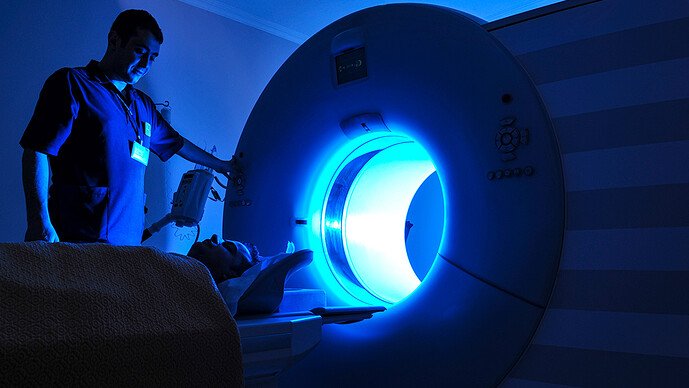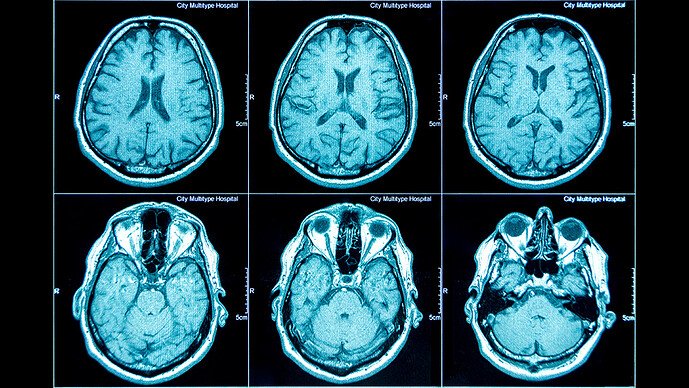Your Brain On Steroids
We know that anabolic-androgenic steroids can cause heart problems, but how to they affect your brain? Here’s the science.
Steroid Side Effects: Is Your Brain At Risk?
The general public usually thinks of steroid users as monosyllabic knuckleheads. They’re handy friends to have around when you need help moving your sofa, but not the guys you want on your team during trivia night.
Well, I know plenty of chemically augmented folks who defy this stereotype, but science has hinted for years that anabolic-androgenic steroid use CAN negatively affect the brain.
One previous study found that heavy steroid users reported more memory problems and issues with “executive functioning” – the mental processes that help you to pay attention, plan and execute tasks, and coordinate info. But that was a study using online surveys, which can be iffy.
Now, researchers have studied this more closely. What they found is alarming.
The New Study
The New Study
Researchers rounded up 85 previous and current steroid-using men along with 64 non-steroid users to act as controls. They shoved them all into an MRI machine, scanned their brains, and gave them a comprehensive neuropsychological battery of tests.
Along with measuring the regional cortical thickness and arealization of their brains, the scientists studied the participants’ fine motor speed, speed of processing, learning ability, working memory, executive functioning, and problem-solving skills.
The Results
The Results
The steroid users were indeed monosyllabic knuckleheads.
Okay, not quite. But they did perform worse in several cognitive domains, like speed of processing, working memory, and problem solving. Generally, their cerebral cortexes weren’t as thick. (Thickness in this brain area is associated with intelligence in other studies.)
Also, the longer the person had been using steroids, the worse his memory seemed to be. Short-term users still had issues, but they faired better than long-term users.
Summary: Prolonged use of high-dose anabolic steroids does seem to lead to poor brain health and handicapped cognition. So, add this to the list of drawbacks.
How To Use This Info
How To Use This Info
A lot of people think that steroids are dangerous, society-wrecking drugs on par with heroin and meth. Those people are wrong. But so are the folks who say that steroids, when “used wisely,” are perfectly safe.
They’re not, at least when it comes to bodybuilding dosages used for prolonged periods. Your heart doesn’t like it, and, apparently, neither does your brain.
Reference
Reference
- Bjørnebekk A et al. Cognitive performance and structural brain correlates in long-term anabolic-androgenic steroid exposed and nonexposed weightlifters. Neuropsychology. 2019 May;33(4):547-559. PubMed.
This is interesting to me. I created a thread this week about a study that found a correlation of ADHD symptoms and steroid use. ADHD individuals have a lack of executive functioning. I also think ADHD individuals are more likely to use drugs of many sorts compared to the general public. I think it would be difficult to quantify how much impact AAS have on executive function without testing before and after (since I believe people with lacking executive function (ADHD) are over represented). I do think AAS do impact executive function though. For those individuals with ADHD that are more likely to use AAS, it is probably extra bad for them (myself included).
I would like to understand the dose response on this, including typical TRT doses. I also have a feeling 19 Nors have a stronger impact to executive function than other AAS.
Would be good to know what steroids they took. And a group that was on testosterone only for comparison.
FYI, my guess would be that TRT patients would not see these negative effects. And by that I mean actual TRT patients (diagnosed as hypogonadal and working with a doctor), not guys who self-diagnose and use 200+mgs weekly and say that’s “TRT” because they don’t want to admit they use gear.
![]()
As for what steroids these guys were using, probably a variety (141 men in study), but here’s some additional info from the study:
“On average, androgen use was initiated at 22.7 years (SD = 8.1, range 15–55) and had been used for 11.5 years (SD = 8.4, range 1–35), and the mean weekly applied androgens dose was 1,114 mg (SD = 735, range 125–4,500). Current and past androgen users did not differ in age of androgen debut, or the doses used; however, current users had used androgens for 13.1 years (SD = 9.1, range 1–35), which was significantly longer (t = 3.3, p = 0.002) compared to past users (mean 7.7 years, SD = 5.1, range 1–20). Among current users, 77% reported using androgens at the time when blood was sampled. Previous users had on average stopped using androgens 3.2 years ago (SD = 2.7, range 1–8).”
None of the WLC tested positive for synthetic androgens or had T/E ratio above threshold. Positive doping tests were seen in 73.3% (n = 44) of current users (6 missing) and in 0% (n = 25) of previous users (4 missing). The mean T/E ratio for the groups was 1.1 (SD = 1.0, range 0.1–4.8) for WLC (n = 47), 40.5 (SD = 39.4, range 0.1–127.5) for current users (n = 53), and 1.7 (SD = 1.8, range 0.0–8.8) for previous users, where previous users and WLC were significantly different from current users (df = 125, F = 35.4, p < 0.001, ηp2 = 0.37).”
Definitely these ones do:

You definitely don’t want some jacked up wannabe engineer designing that chemical plant or next-gen airplane. All the most capable, highest functioning scientists/engineers have TT levels in the lowest quartile (hypothesis).
When all you need is 300mg Test C/wk, 150mg/wk Deca, 50mg/wk Anavar and Sermorelin for “sympmtom relief”.![]()
Low T can also cause cognitive decline. [Insert 147 studies, graphs, and charts that no one will read here]
Can I steal this? Well done.
Wait, hold on – I got one for this
When are you planning the “ramp up” aka “minor protocol tweak”?





